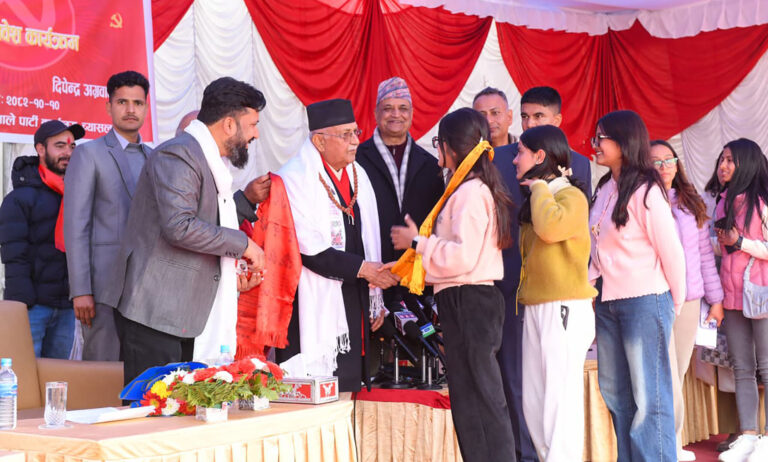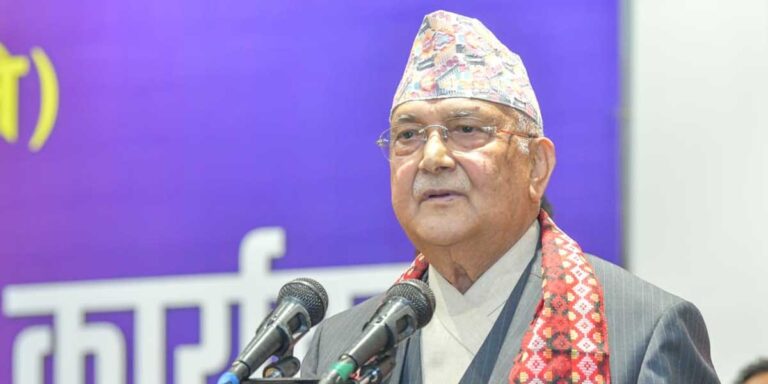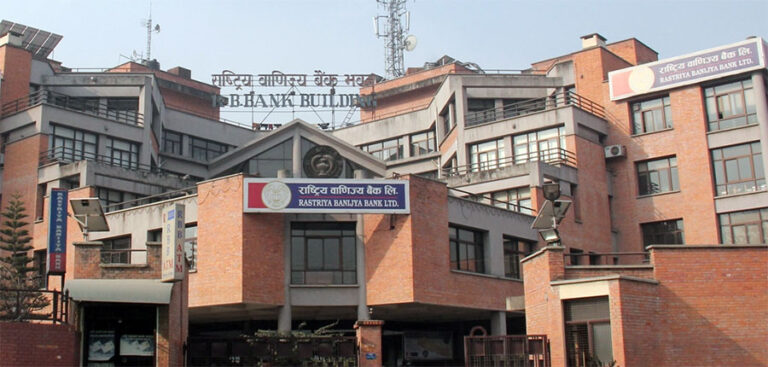
The Supreme Court has completed the hearing on a writ petition demanding that the government led by Prime Minister KP Sharma Oli be declared a caretaker government.
The writ was filed after the Janata Samajbadi Party (JSP) and the Nagarik Unmukti Party (NUP) withdrew their support for the government. Petitioners argued that the Prime Minister failed to seek a vote of confidence in the House of Representatives within 30 days as required by the Constitution.
A joint bench of Justices Mahesh Sharma Poudel and Nripadhwaj Niraula conducted today’s hearing. The bench ordered the submission of three key documents: the letter of withdrawal of support by JSP, the withdrawal letter of NUP, and the resignation letter of Arun Kumar Chaudhary, Minister of State for Culture, Tourism and Civil Aviation from the NUP, along with clarification on whether his resignation was accepted. This was confirmed by advocate Yagyamani Nyaupane.
Advocate Birendra KC filed the writ seeking that Prime Minister Oli and his cabinet be declared caretakers after failing to obtain the mandatory vote of confidence despite the withdrawal of support from coalition partners. The petition further requested that the process to appoint a new Prime Minister be initiated.
Earlier, during preliminary hearings on August 24, a single bench of Justice Sunil Kumar Pokharel had raised four constitutional questions, including why Prime Minister Oli should not be declared caretaker and why the process of forming a new government should not begin.
The court had also questioned the validity of NUP’s support after its chairperson Ranjita Chaudhary initially withdrew support on July 6, 2025 (Asar 22, 2082 BS), only to retract the withdrawal and restore support after more than 30 days, on August 15 (Shrawan 30).
According to Article 100(2) of Nepal’s Constitution, if a party represented in the government withdraws its support, the Prime Minister must seek a vote of confidence in the House of Representatives within 30 days. Failure to do so results in automatic removal from office.
The Supreme Court will now review the submitted documents before deciding on the writ.




